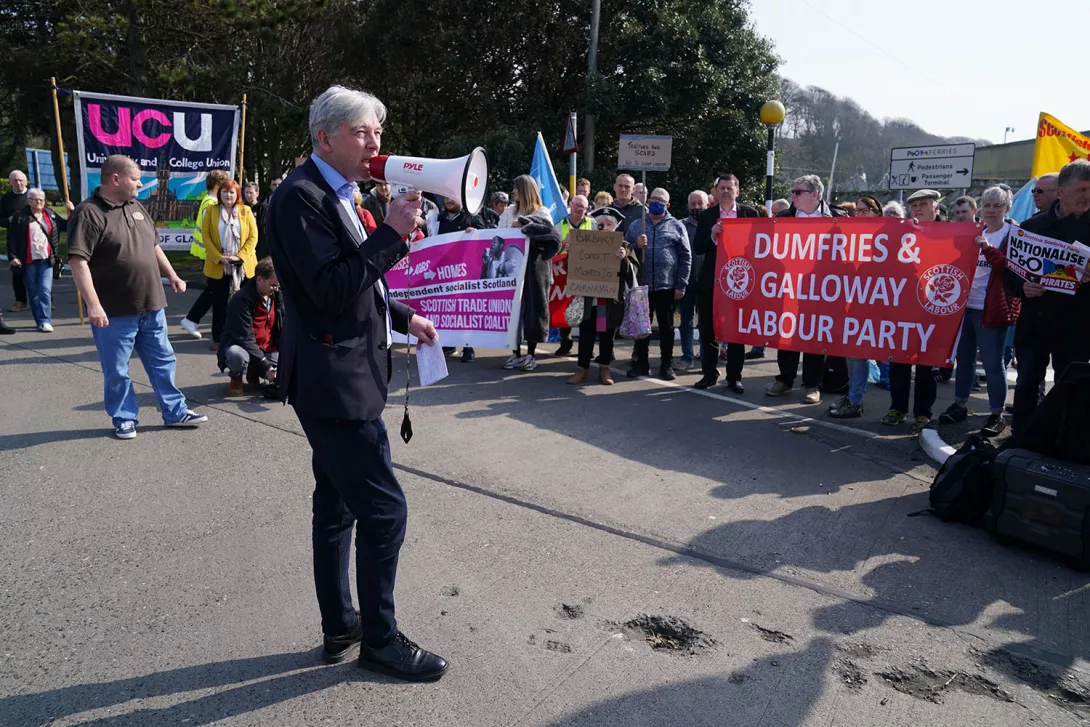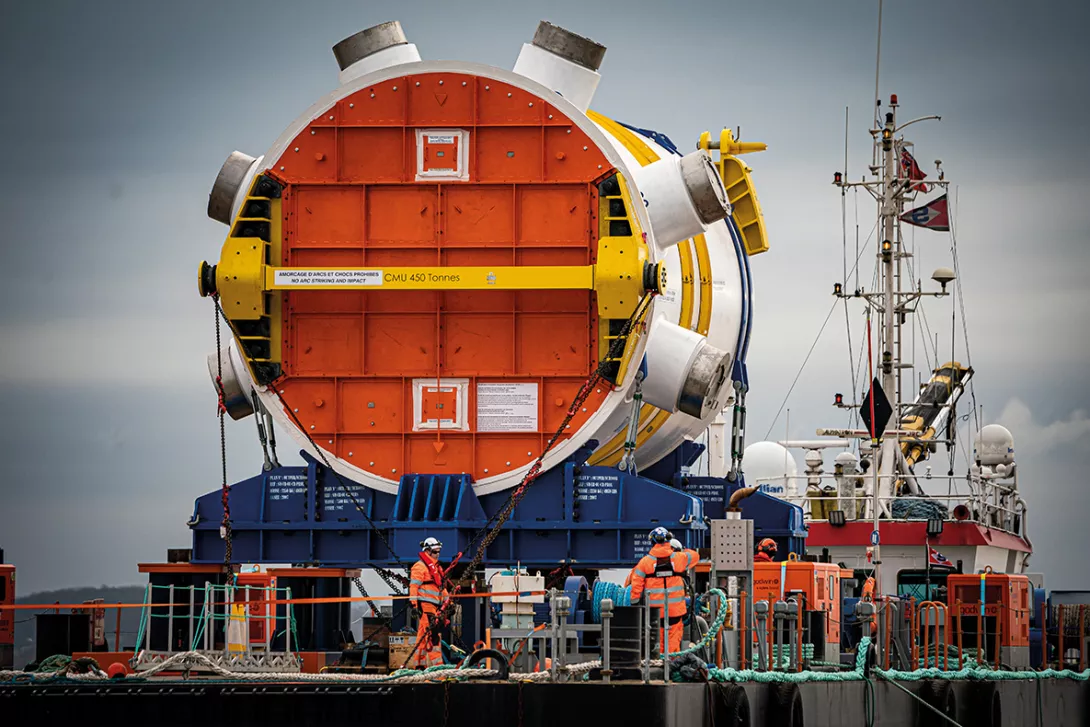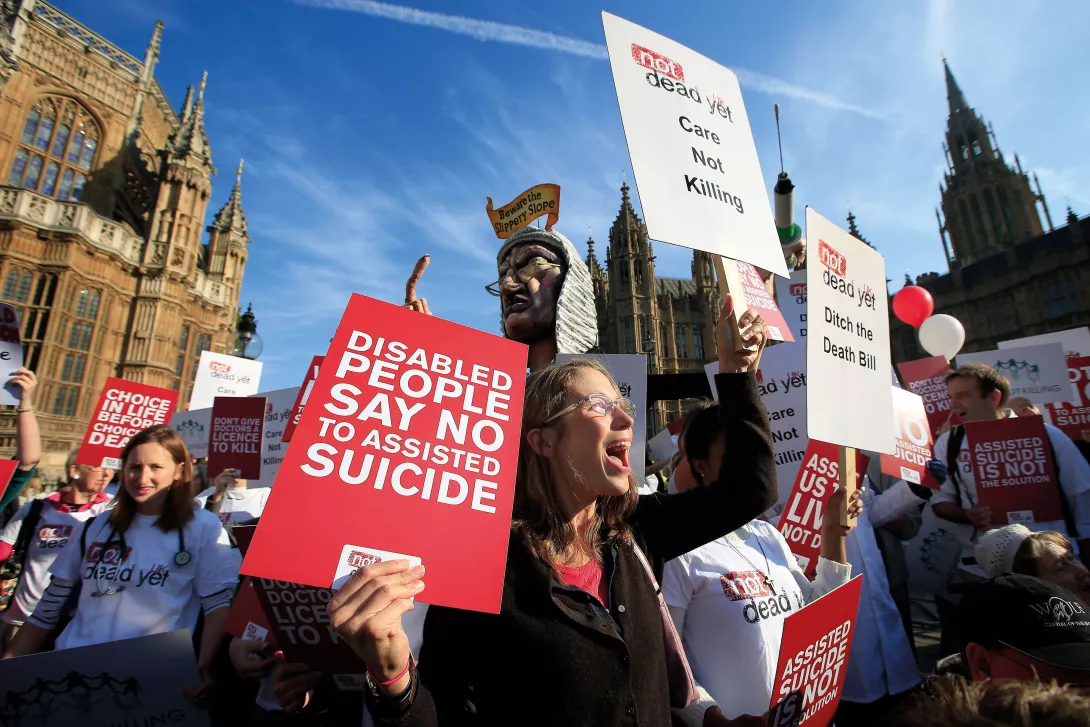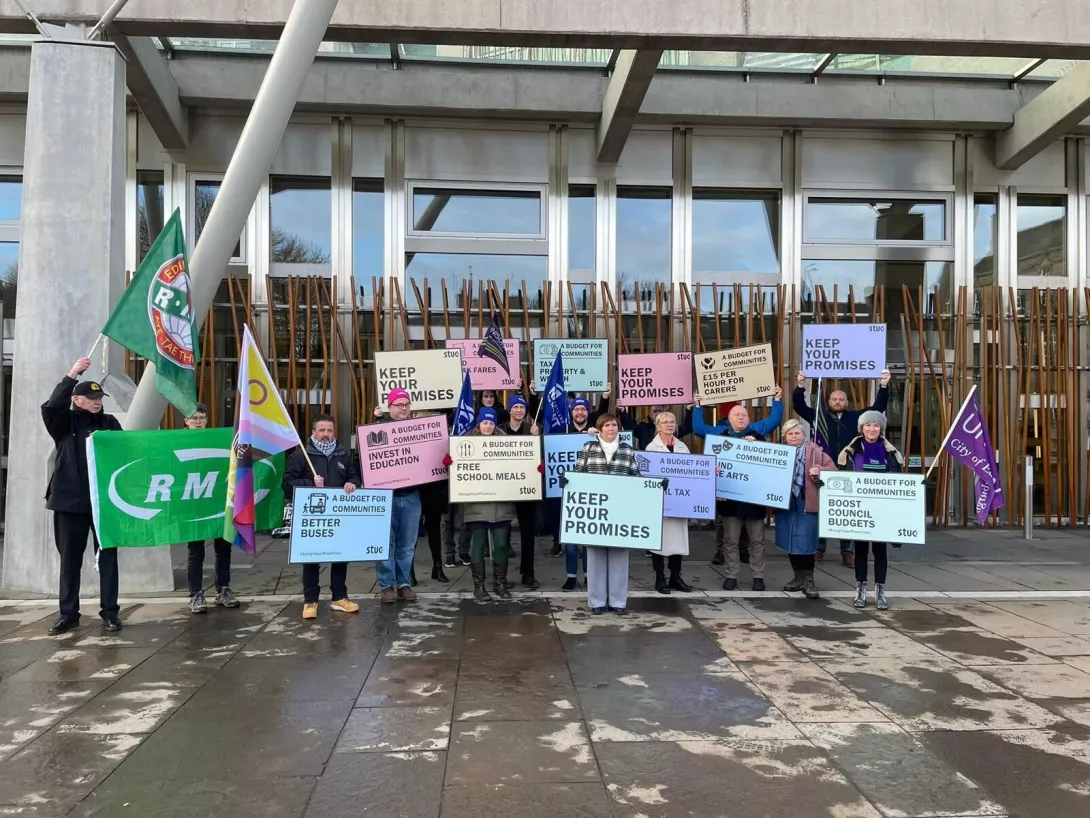
THE Scottish Parliament returns today after its extended summer recess. A long hot summer which has emphatically proved once again that any rumour of the demise of the trade union movement is wide of the mark. Rail workers, journalists, posties, BT staff, engineers and refuse workers have all withdrawn their labour, taken to the streets — and in so doing, won widespread public support.
Taking industrial action in pursuit of fair pay, job security and in defence of conditions is an entirely rational response to the cost-of-living crisis.
Which makes it all the more irrational and frankly unforgivable for some in the political wing of the trade union movement to opt for a pale neutrality in the face of this. As Robert Tressell presciently wrote, “There is no such thing as being neutral: we must either help or hinder.”
And to me it is that simple. If a group of workers and their trade union vote to take industrial action, you don’t debate whether or not you support them: you get right behind them 100 per cent.
What this summer has underlined is that there is a class system. This is a class-based society and people had better decide which side they are on.
That is of course as true inside Parliament as it is outside.
The SNP-Green government in Scotland has spent much of the summer opining that it does not have “the levers” to tackle the cost-of-living crisis. In fact, there is a great deal it could do.
It could use its housing powers to freeze rents and ban winter evictions.
It could set up a public energy company and a public national infrastructure company both long promised but still undelivered.
As the new owner of Scotrail, it could halve train fares and ditch the plans sitting on the transport minister’s desk to butcher ticket offices.
As the sole shareholder of CalMac, it could cut ferry fares for islanders. It could work with local councils to substantially reduce bus fares and extend free transport right across Scotland.
As the longstanding owner of Scottish Water, it could cut water bills.
It could invest heavily in a “warm homes” programme and get on with the rollout of free childcare, which is years behind schedule.
And it could financially support local government to provide school breakfast clubs and free school meals and write off school meal payment arrears.
Using its growing social security powers, it could double the Scottish Child Payment.
In recent days, the Scottish government’s own Poverty and Inequality Commission has made a raft of recommendations on top of this.
The commission has called on the SNP-Green administration to put cash in to the establishment of fuel-buying clubs, particularly where people are off-grid, invest in energy efficiency, raise the threshold for free school meals, provide more help for further education students, write off historic council tax debt and give funds to local councils to support additional tax reductions for disabled people.
Alongside this, to raise income, the commission has called on the Scottish government to use its powers to double the council tax levied on second homes, and after promising to abolish it as far back as 2007, to at least fundamentally reform the council tax.
The Scottish Parliament in its first two days back will have the opportunity to not only debate, but to decide on a plan of action in response to what is happening outside of it.
It will be an early test of whether the Parliament is a tribune of the people, there to get things done, prepared to respond to the crisis sweeping through all our communities, or whether it is merely a by-stander, perpetuating a blame game, demanding solutions elsewhere yet unwilling to act itself, seeking further powers yet unprepared to use those it has already got.
Of course, it is true that control of the rigged electricity and gas markets, over VAT, standing charges, corporate taxes, the basic state pension, the national minimum wage, to name but a few, are all reserved. But renewable energy, housing, transport, economic development, the funding and powers of local government are all devolved.
That’s why Labour is proposing an emergency cost-of-living Bill. Alongside it we need an emergency budget, remembering that the redistributive tax powers the Scottish government now has at its disposal remain largely untouched.
This demands a parliamentary strategy, but it also demands an extra-parliamentary strategy too. Trade unions are key to the leadership of this — which is why more than ever the party of labour needs to understand its historic role, recognise where it came from and embrace the timeless principle of solidarity.
All our history tells us radical change will not come from Parliament. It will come from pressure from the people.
We need a response to the immediate crisis, but we also need to put forward a vision of the fundamental shift in the balance of wealth and power that is necessary — a rethinking of the idea of security: from the military concept to the human concept like the right to shelter, food, clean water, good health, the introduction of democracy in the economic sphere as well as the political — and taxation according to wealth, not simply work, to build an equal society.
The powerful sense of determination this summer shows that working people are ready to shape their own destinies and to make their own history. That’s why I firmly believe that change will come.
Richard Leonard is Labour MSP for Central Scotland.

















